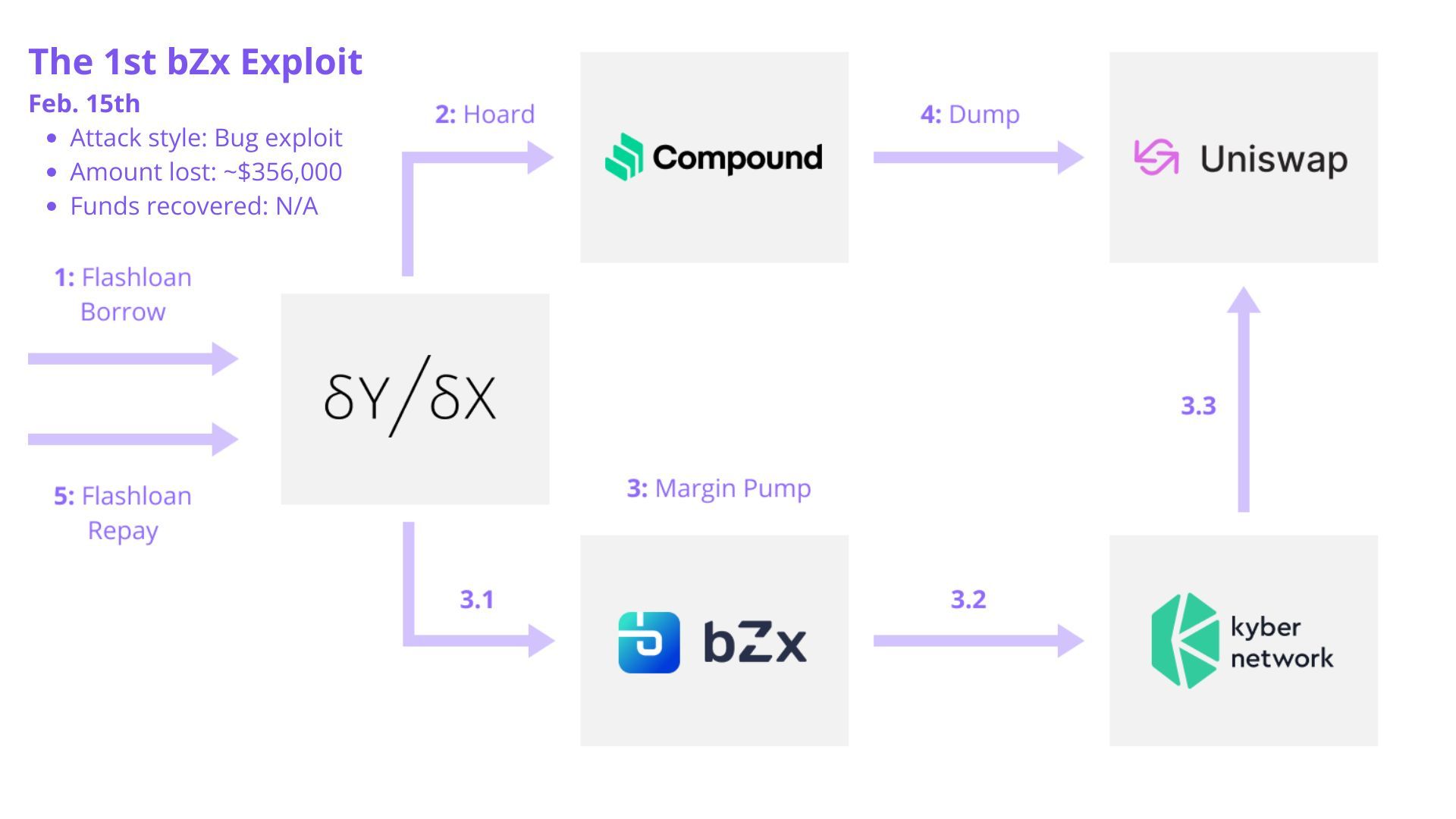What Are DeFi Coins? Everything You Need to Know


Decentralised Finance (DeFi) has revolutionised the cryptocurrency world, offering a new way for individuals to engage in financial services such as lending, borrowing, and trading, without relying on traditional banks or intermediaries. At the heart of the DeFi ecosystem are DeFi coins, cryptocurrencies designed to power decentralized platforms and services. But what exactly are DeFi coins, and how do they differ from traditional cryptocurrencies? In this article, we will dive deep into the world of DeFi coins, including their role, use cases, popular tokens, and how to interact with them securely. Whether you’re new to DeFi or looking to deepen your understanding, this comprehensive guide will provide you with everything you need to know.
Key Differences Between DeFi Coins and Traditional Cryptocurrencies
When comparing DeFi coins to traditional cryptocurrencies like Bitcoin, there are several key differences that set them apart.
These differences primarily lie in their use cases, underlying technologies, and how they function within decentralized financial ecosystems.
DeFi Coins vs Traditional Cryptocurrencies
Traditional cryptocurrencies and DeFi coins both thrive on blockchain, but their purposes and capabilities diverge sharply. Below, we break down the core differences to highlight how each shapes the future of finance.
Purpose and Functionality
Role in Ecosystems
Platform Dependency
Intermediaries
Examples in Action
The Big Picture Traditional cryptocurrencies pioneered decentralized money, focusing on simplicity and security. DeFi coins, however, unlock a broader financial revolution, powering innovative, intermediary-free services on platforms like Ethereum. While Bitcoin stores value, DeFi coins create it, reshaping finance one protocol at a time.
The Role of Smart Contracts in DeFi Coins
Smart contracts are the backbone of decentralized finance. These self-executing contracts facilitate the execution of transactions without the need for a trusted third party. In the context of DeFi coins, smart contracts allow for automated processes such as lending, borrowing, and even governance voting.
Smart Contracts: Automating DeFi Ecosystem
Smart contracts are essentially pieces of code deployed on a blockchain, which automatically execute transactions when certain conditions are met. These contracts eliminate the need for intermediaries, reducing transaction costs and increasing the efficiency of financial services.
For example, when a user deposits funds into a DeFi lending platform, a smart contract can automatically trigger the transfer of assets and enforce the agreed-upon terms. The beauty of smart contracts is that they are immutable and transparent, meaning once they’re deployed, they cannot be changed, ensuring trust and security within DeFi ecosystems.
Popular DeFi Coins and Their Use Cases
As the DeFi space grows, several coins and tokens have emerged as prominent players. These DeFi coins have varying use cases, ranging from lending and staking to governance and liquidity provision.

Top DeFi Coins by Market Capitalization
Some of the top DeFi coins by market capitalization include:
How DeFi Tokens Power Lending, Staking, and Governance
DeFi tokens often provide users with the ability to stake, lend, or govern decentralized protocols. For example, with Aave and Compound, users can lend assets to others and earn interest, while in the case of Uniswap, users can stake tokens and earn rewards in the form of transaction fees. Additionally, many DeFi protocols offer governance tokens, such as UNI and AAVE, which allow holders to vote on decisions like fee structures or protocol upgrades.
Risks and Challenges of Investing in DeFi Coins
While the potential returns from investing in DeFi coins can be appealing, there are several risks and challenges that investors should be aware of. These include security concerns, market volatility, and regulatory uncertainty.
Security Concerns and Smart Contract Vulnerabilities
DeFi protocols rely heavily on smart contracts, but these contracts can have bugs or vulnerabilities that may be exploited by malicious actors. There have been several high-profile incidents where smart contract vulnerabilities led to the loss of millions of dollars. Therefore, it’s crucial to carefully assess the security of any DeFi project before investing. For instance, in 2020, the bZx protocol was exploited twice due to vulnerabilities in its smart contracts, resulting in significant losses.

In this attack, the culprit used a flash loan via dYdX to launch a permissionless “pump and dump” scheme involving WBTC and the bZx, Compound, KyberSwap, and Uniswap projects. The ensuing manipulation allowed the attacker to make off with more than 1,200 ETH.
Volatility, Regulation, and Market Risks in DeFi
Another significant challenge is the volatility of the cryptocurrency market. DeFi coins, like other cryptocurrencies, are subject to sharp price fluctuations, making them high-risk investments. Additionally, the regulatory landscape surrounding DeFi is still evolving, and future regulations could impact the viability of DeFi projects or lead to restrictions on certain activities.
How to Buy, Store, and Trade DeFi Coins Safely
If you’re interested in getting started with DeFi coins, understanding how to buy, store, and trade them securely is essential. Here’s a guide to navigating the DeFi space safely.
Choosing the Right Crypto Wallet for DeFi Assets
When purchasing DeFi coins, it’s crucial to choose a secure wallet to store your assets. Hardware wallets like Ledger or Trezor are the most secure options, as they store your private keys offline, making them less vulnerable to hacking. Software wallets like MetaMask and Trust Wallet are also popular but require extra caution.
Best Decentralized Exchanges for Trading DeFi Coins
To trade DeFi coins, use decentralized exchanges (DEXs) like Uniswap, SushiSwap, PancakeSwap, or Rango Exchange, a cross-chain DEX and bridge aggregator that can route swaps across many blockchains, so you can trade without intermediaries and keep self-custody of your funds.
Summary
DeFi coins are a cornerstone of the decentralized finance ecosystem, allowing users to interact with financial services in a completely decentralized and trustless environment. However, investing in these coins comes with risks, including security vulnerabilities and market volatility. As DeFi continues to evolve, it’s essential to stay informed and exercise caution when engaging with DeFi platforms.
Resources
Frequently asked questions
Check out most commonly asked questions, addressed based on community needs. Can't find what you are looking for?
Contact us, our friendly support helps!
What makes DeFi coins different from traditional cryptocurrencies?
DeFi coins are designed to power decentralized financial applications, such as lending and governance, while traditional cryptocurrencies like Bitcoin are often used as stores of value or mediums of exchange.
How can I safely invest in DeFi coins?
To invest in DeFi more safely, use secure wallets (ideally hardware), thoroughly research protocols, and account for volatility and smart-contract risk. Prefer reputable DEXs and aggregators, verify contract addresses, start with small test transactions, and regularly review/revoke token approvals.
Are DeFi coins regulated?
The regulatory landscape for DeFi is still uncertain. While some countries have started to impose regulations on cryptocurrency, many DeFi projects operate in a decentralized and unregulated manner, making them riskier investments.




